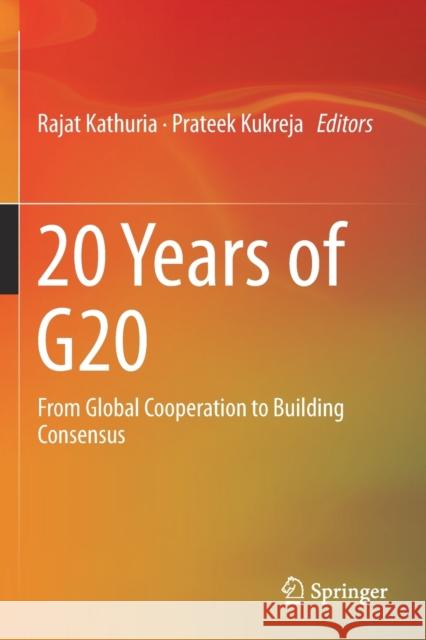20 Years of G20: From Global Cooperation to Building Consensus » książka
topmenu
20 Years of G20: From Global Cooperation to Building Consensus
ISBN-13: 9789811381089 / Angielski / Miękka / 2020 / 226 str.
20 Years of G20: From Global Cooperation to Building Consensus
ISBN-13: 9789811381089 / Angielski / Miękka / 2020 / 226 str.
cena 538,49 zł
(netto: 512,85 VAT: 5%)
Najniższa cena z 30 dni: 535,99 zł
(netto: 512,85 VAT: 5%)
Najniższa cena z 30 dni: 535,99 zł
Termin realizacji zamówienia:
ok. 20 dni roboczych.
ok. 20 dni roboczych.
Darmowa dostawa!
Kategorie:
Kategorie BISAC:
Wydawca:
Springer
Język:
Angielski
ISBN-13:
9789811381089
Rok wydania:
2020
Wydanie:
2019
Ilość stron:
226
Waga:
0.34 kg
Wymiary:
23.39 x 15.6 x 1.3
Oprawa:
Miękka
Wolumenów:
01
Dodatkowe informacje:
Wydanie ilustrowane











